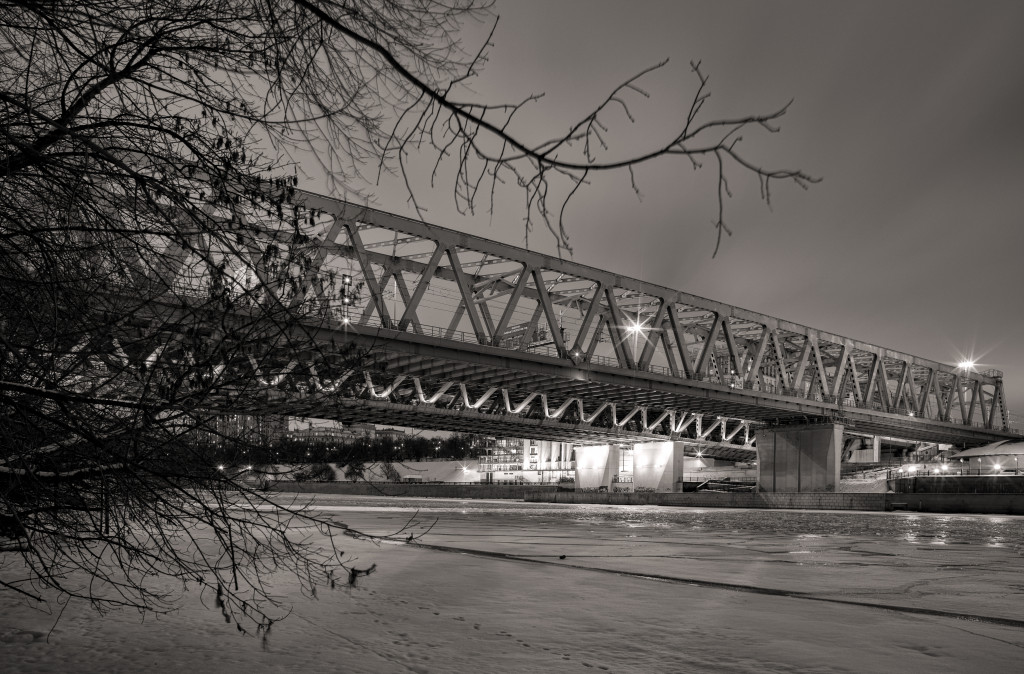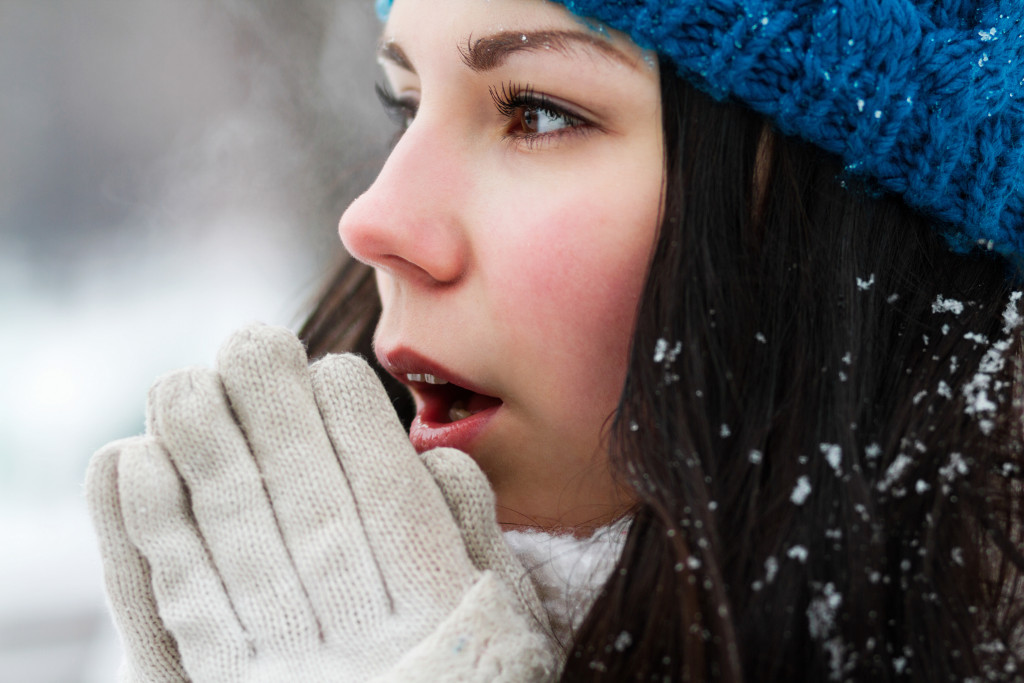• Winter weather can have a range of impacts on communities, including snow and ice, longer nights, SAD, increased rate of disease, and higher crime rates.
• To prepare for winter, people should inspect homes and use snow plows to clear roads and salt roads and sidewalks to prevent slips and falls.
• Longer winter nights can be addressed using energy efficiency when possible, and those suffering from SAD should seek professional help.
• Taking the necessary precautions to prepare for winter weather is vital to ensure communities stay safe and healthy throughout the season.
Winter weather can have a significant impact on communities across the country. From snow and ice to longer nights, the winter season can affect people in many different ways. Here’s a look at some of the most common ways winter weather can affect communities and how we can best prepare for it.
Snow and Ice
One of the most apparent effects of winter weather is the presence of snow and ice in the community. Snow and ice can cause hazardous conditions on roads, sidewalks, and other public places. This makes it difficult for people to get around safely and increases the risk of injury or even death due to slippery surfaces.
Additionally, snow and ice can damage property if not cleared away promptly. To combat this, cities often invest in equipment such as plows and salt trucks to help clear away snow and ice on roads and sidewalks.

Longer Nights
Another effect of winter weather is that day become shorter as the season progresses. This means that night-time activities such as shopping or attending events are less likely due to reduced visibility outside after sunset. Furthermore, these longer nights mean more time spent indoors, leading to increased energy bills due to increased heaters or electric blankets usage. To combat this, people should use energy efficiency by turning off lights when unnecessary or investing in energy-efficient light bulbs.
Seasonal Affective Disorder (SAD)
Finally, winter weather can also lead to increased Seasonal Affective Disorder (SAD) cases. SAD is a type of depression caused by decreased levels of sunlight during the winter months, which negatively affects a person’s mood. To combat this issue, individuals should try spending time outdoors during daylight hours or invest in unique lamps designed to simulate natural sunlight indoors. Additionally, professional help from doctors or therapists is recommended for those suffering from severe cases of SAD.
Increased Rate of Disease
The cold can be a breeding ground for various viruses, meaning people face an increased risk of catching illnesses during winter. The winter season can be challenging to stay healthy, from colds and flu to more severe illnesses such as pneumonia or bronchitis. To combat this issue, individuals should take extra steps to protect their health. This could include washing hands regularly, getting the flu shot, and wearing protective clothing such as hats, scarves, and gloves outdoors.

Crime Rates
Another effect of winter is increased crime rates due to fewer people outside during the day or night hours when it’s too cold outside. A great way to help combat this issue is by getting involved in your local Neighborhood Watch program or setting up regular meetups with your neighbors so that everyone stays informed on any suspicious activity around them. You should always report any suspicious behavior you notice or experience to the police as soon as possible so they can investigate further if necessary.
What Can Your Community Do to Prepare
Preparation will always be better than reaction when it comes to winter weather. There are a few things that communities can do to best prepare for the season ahead.
Inspect Homes
Community homes can be exposed to the weather without families knowing about it. However, a good inspection can help deal with this problem. A drone thermal roof inspection can inspect the roof and check for any thermal problems. After the inspection, steps should be taken to winterize homes by checking insulation, replacing weather-stripping on windows and doors, and caulking cracks around window frames or other areas where air might be seeping in.
Utilize Snow Plows
Snow plows can help clear snow quickly and safely, allowing for a smoother road. Additionally, it’s important to ensure that sidewalks are regularly cleared of snow so people can get around more safely during the winter months.
Salting the Roads
Roads and sidewalks must be regularly salted during winter to prevent ice from forming. Salt is an effective tool for preventing slips and falls, which can be hazardous in winter.
Communities are often at the mercy of winter weather, but there are many steps they can take to help prepare and protect themselves during the season. By following these tips and preparing in advance, communities can be better prepared for any adverse effects of winter weather that may come their way.

